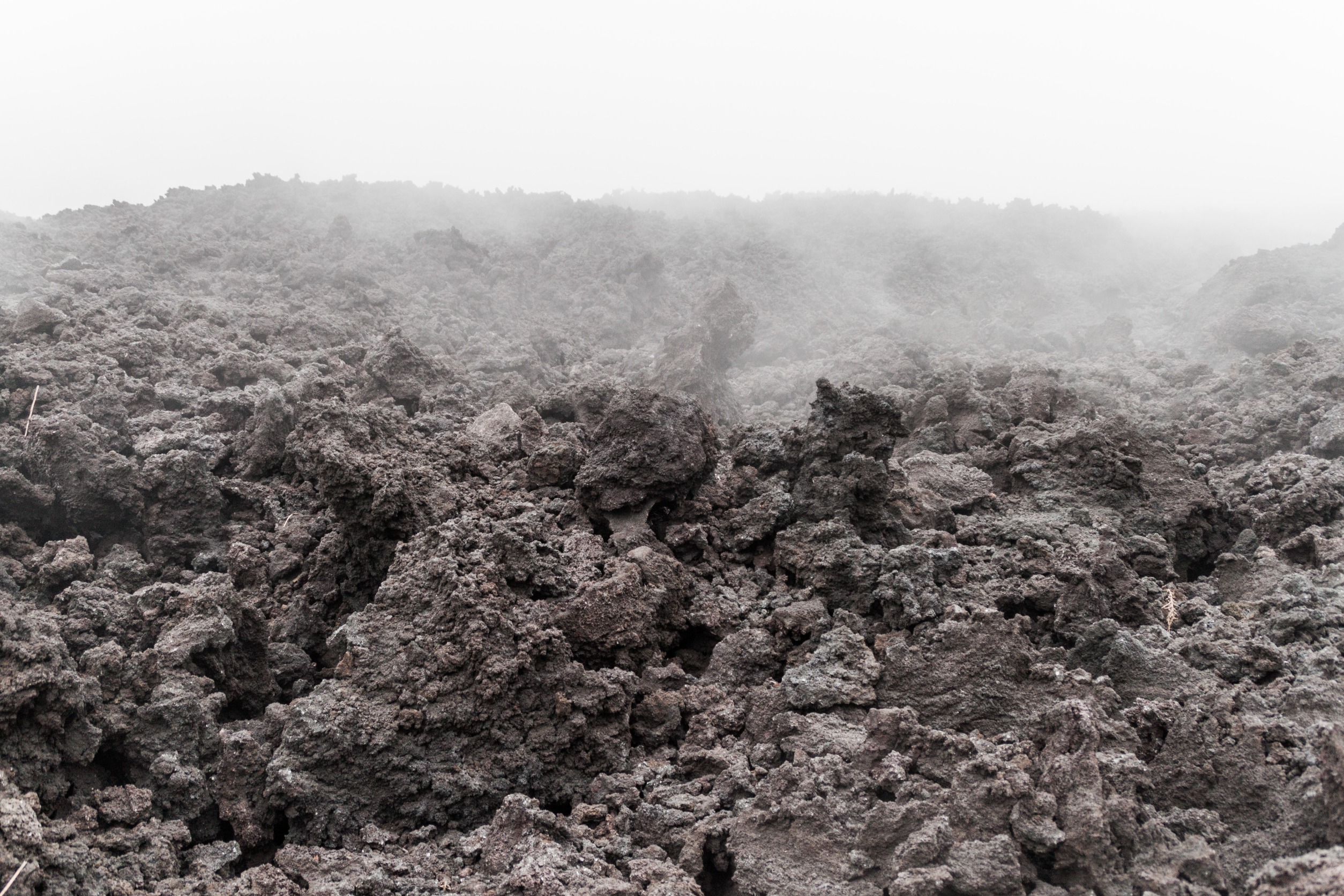To confirm a concussion diagnosis, doctors often have to rely on the ‘best guess’ sort of assessments based on subjective symptom reports from patients. But physicians may soon be able to more accurately diagnose such brain injuries by measuring the number of certain molecules in a person’s saliva.
The new study, from the Penn State University, set off with the aim to come up with alternative techniques that can offer rapid and precise diagnoses of concussions to aid decisions about whether athletes can safely get back into the game after an injury.
As part of the research, the scientists focused on strands of genetic material called microRNA, which is widely abundant in the brain, leading the team to suspect that altered levels could indicate signs of brain injury.
To test that hypothesis, the researchers analyzed the saliva of 538 subjects. Around half of the participants had experienced concussions within two weeks prior to the study. The other half had not experienced concussions but had symptoms associated with them such as anxiety, depression, fatigue, and chronic headaches.
The researchers first used RNA sequencing to evaluate the saliva of around half of the subjects, after which they used statistical modeling and machine learning to identify the differences between the microRNA profiles of participants with concussions and those without.
Next, the team tested 200 more subjects and were successful in identifying which ones had indeed experienced a concussion.
While the technology still needs to be improved before it can become an on-the-spot test that could be used by sideline medical staff, the researchers say the saliva approach performed favorably when compared with currently available testing methods. The team is now working on validating and developing it further.












